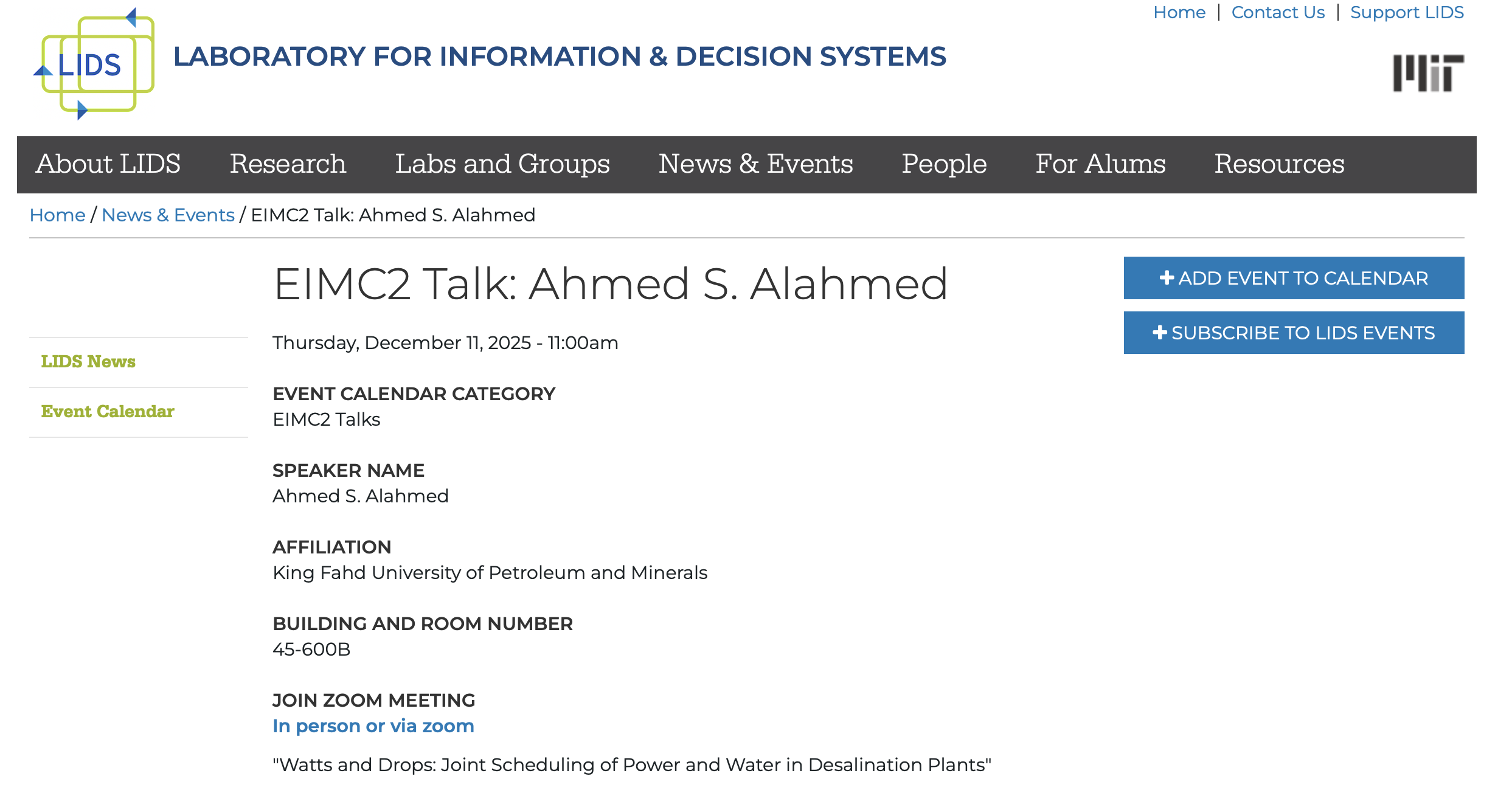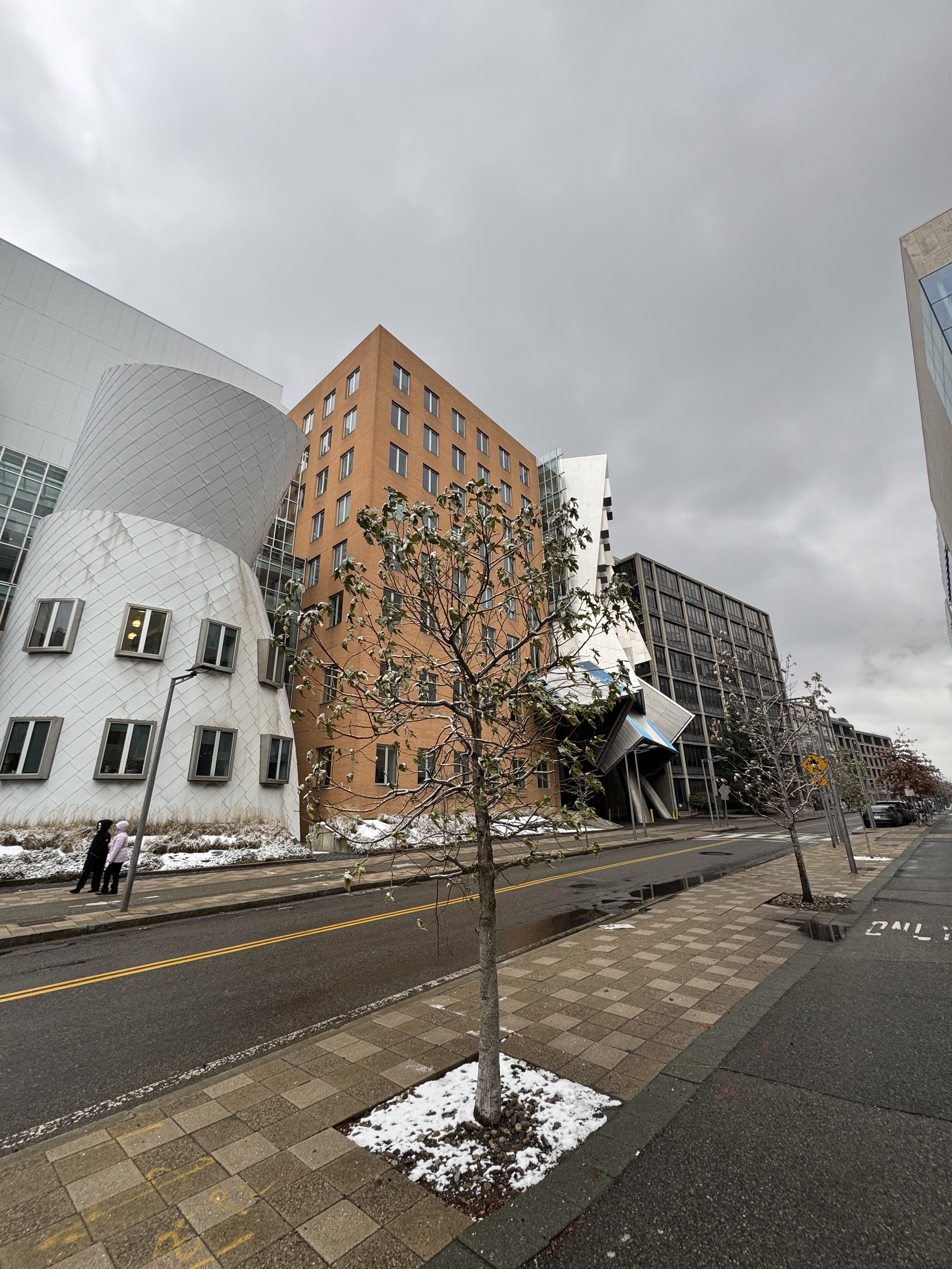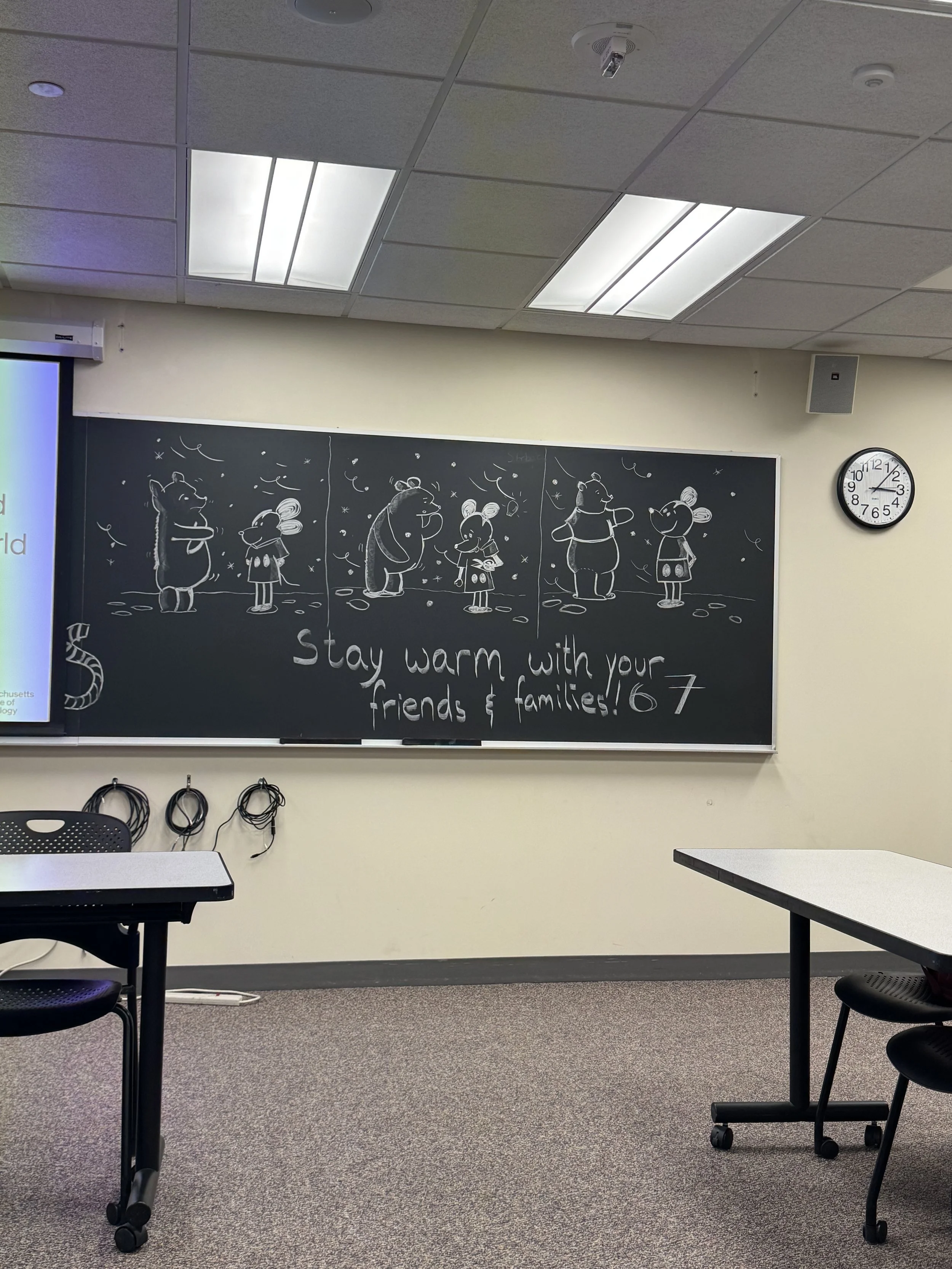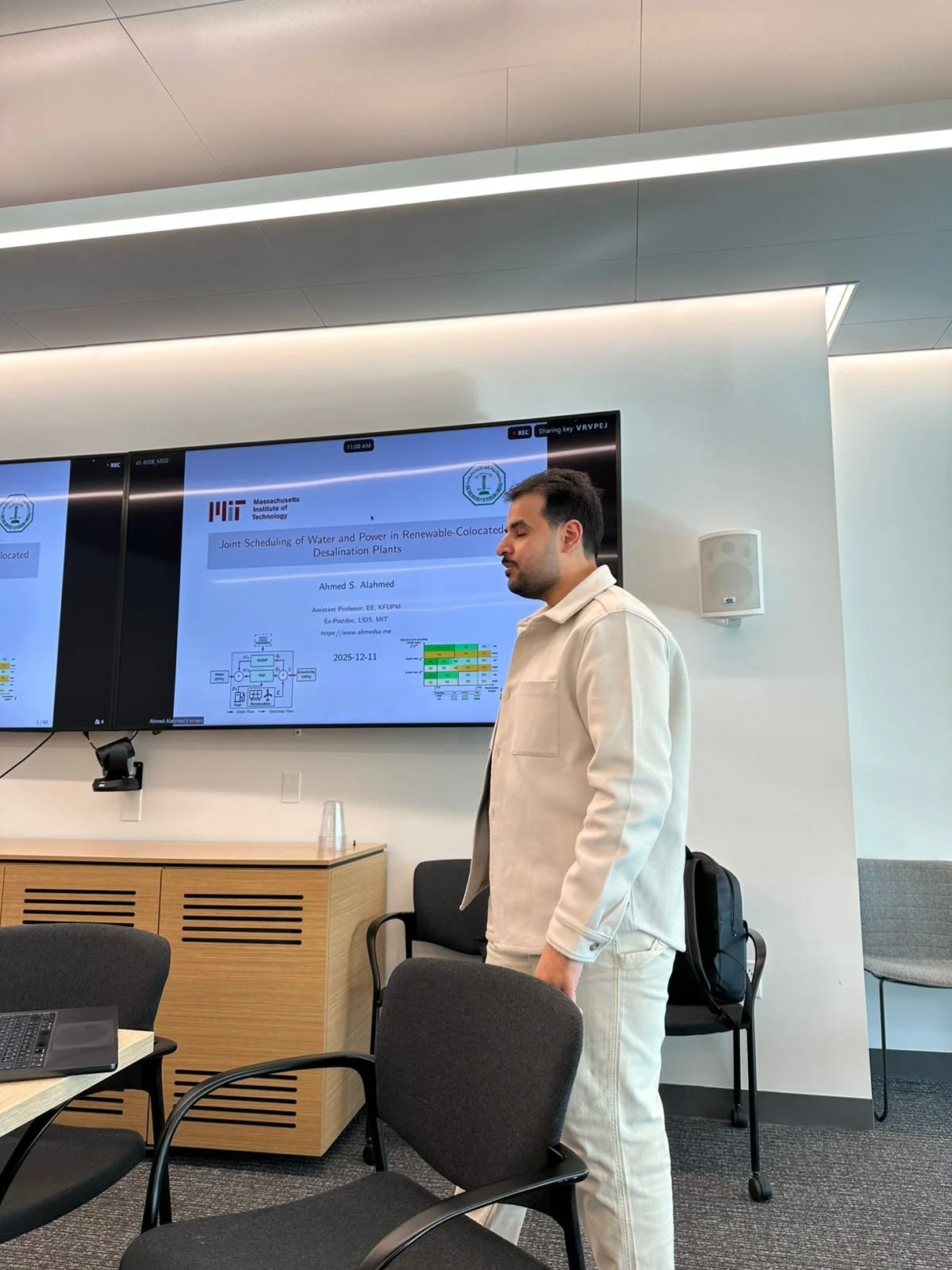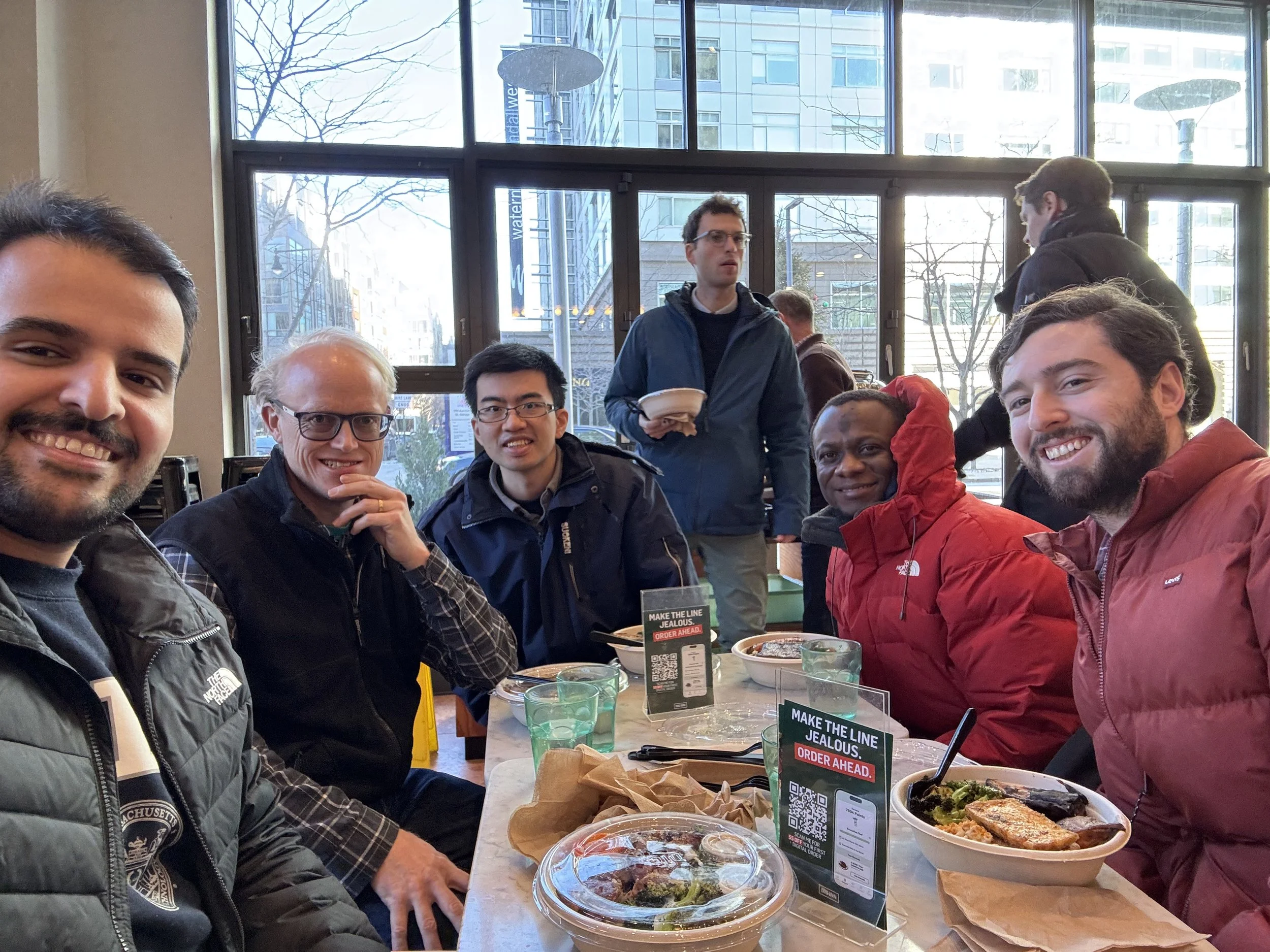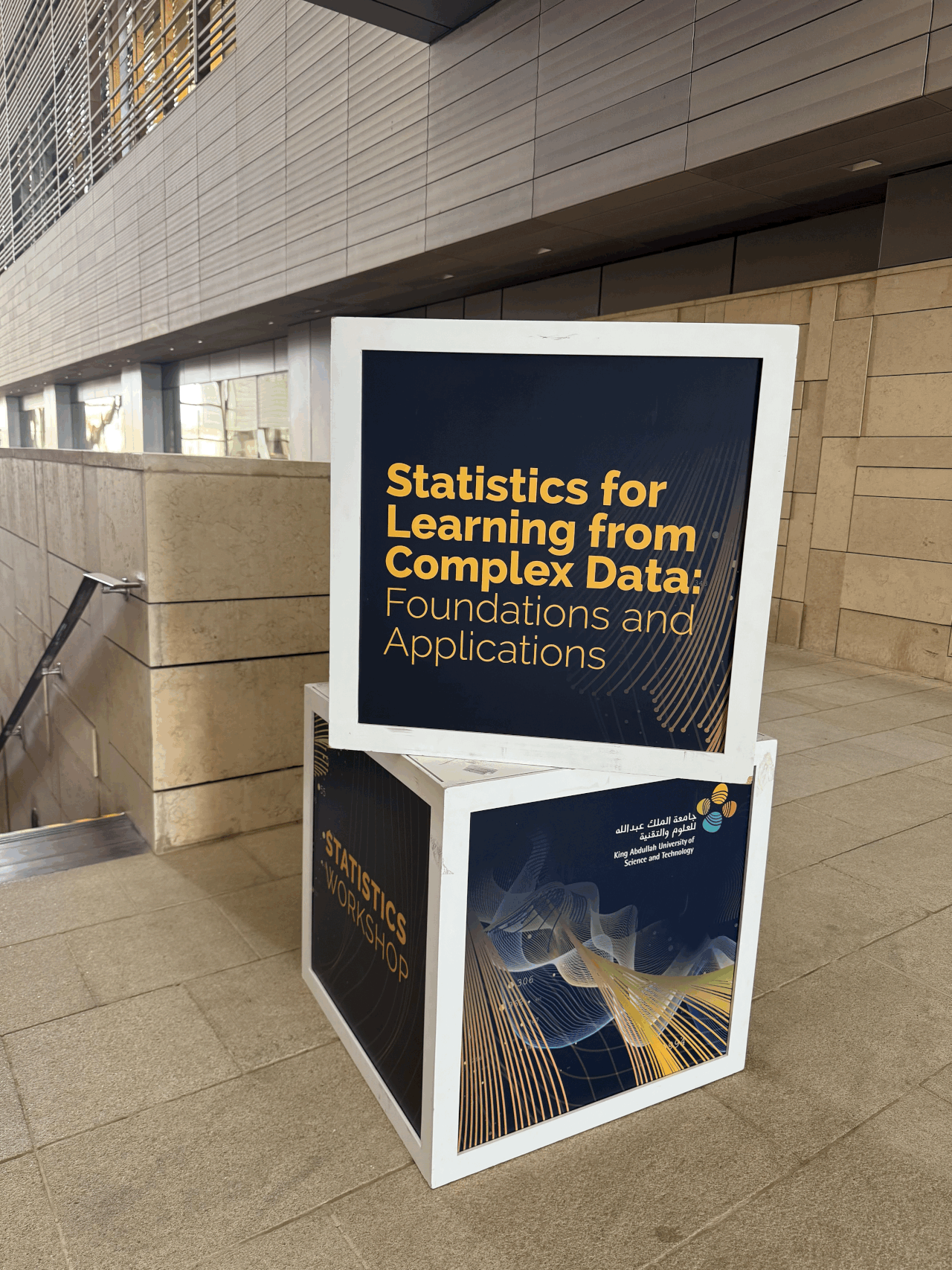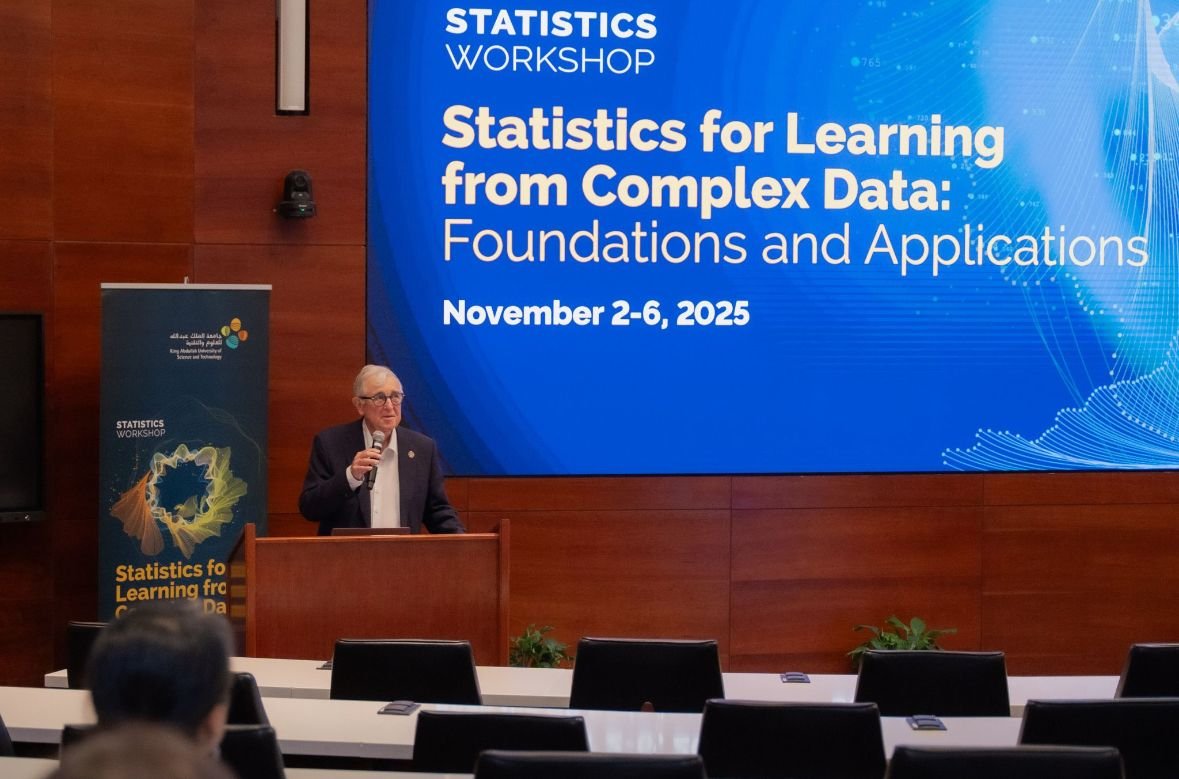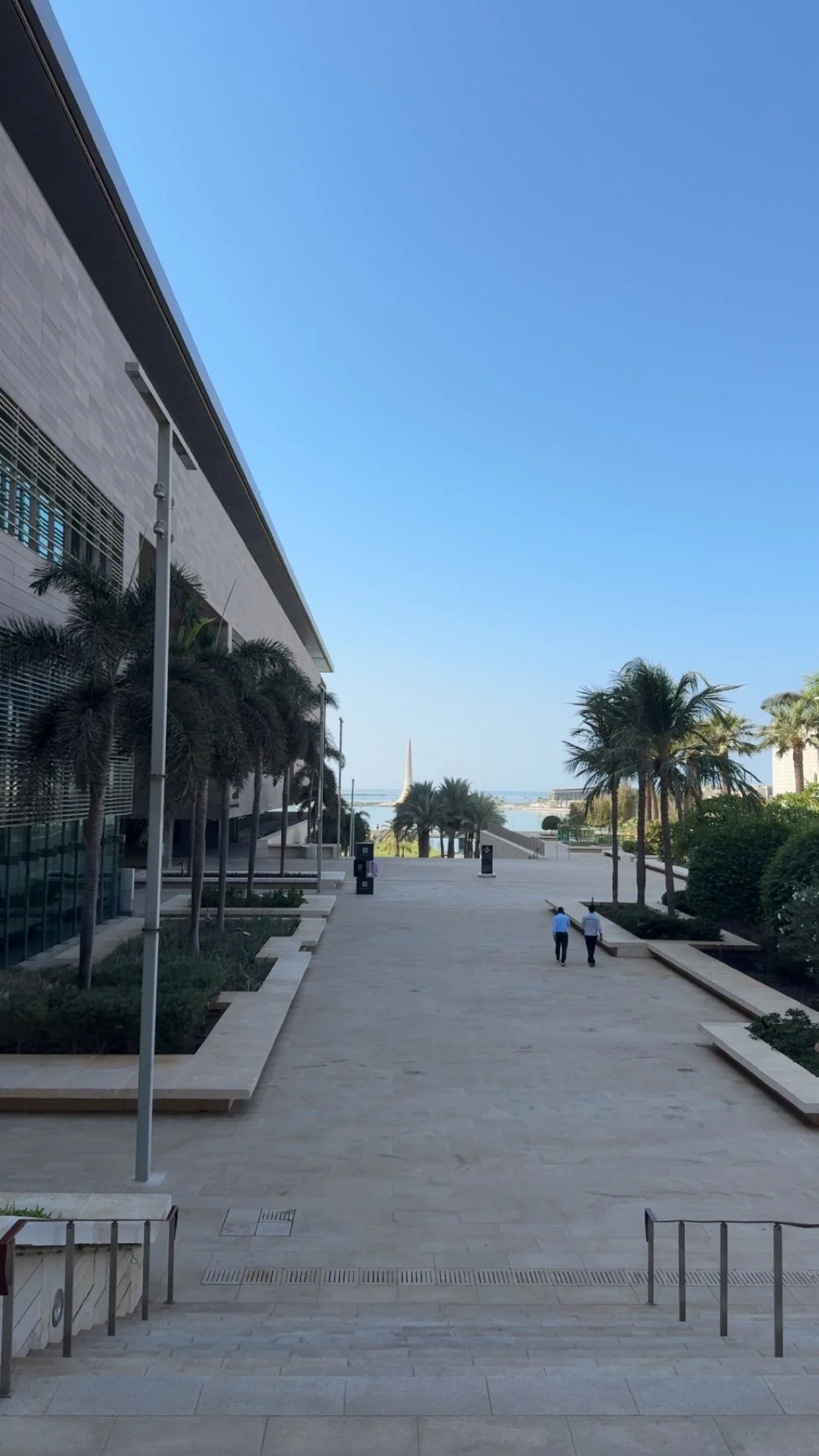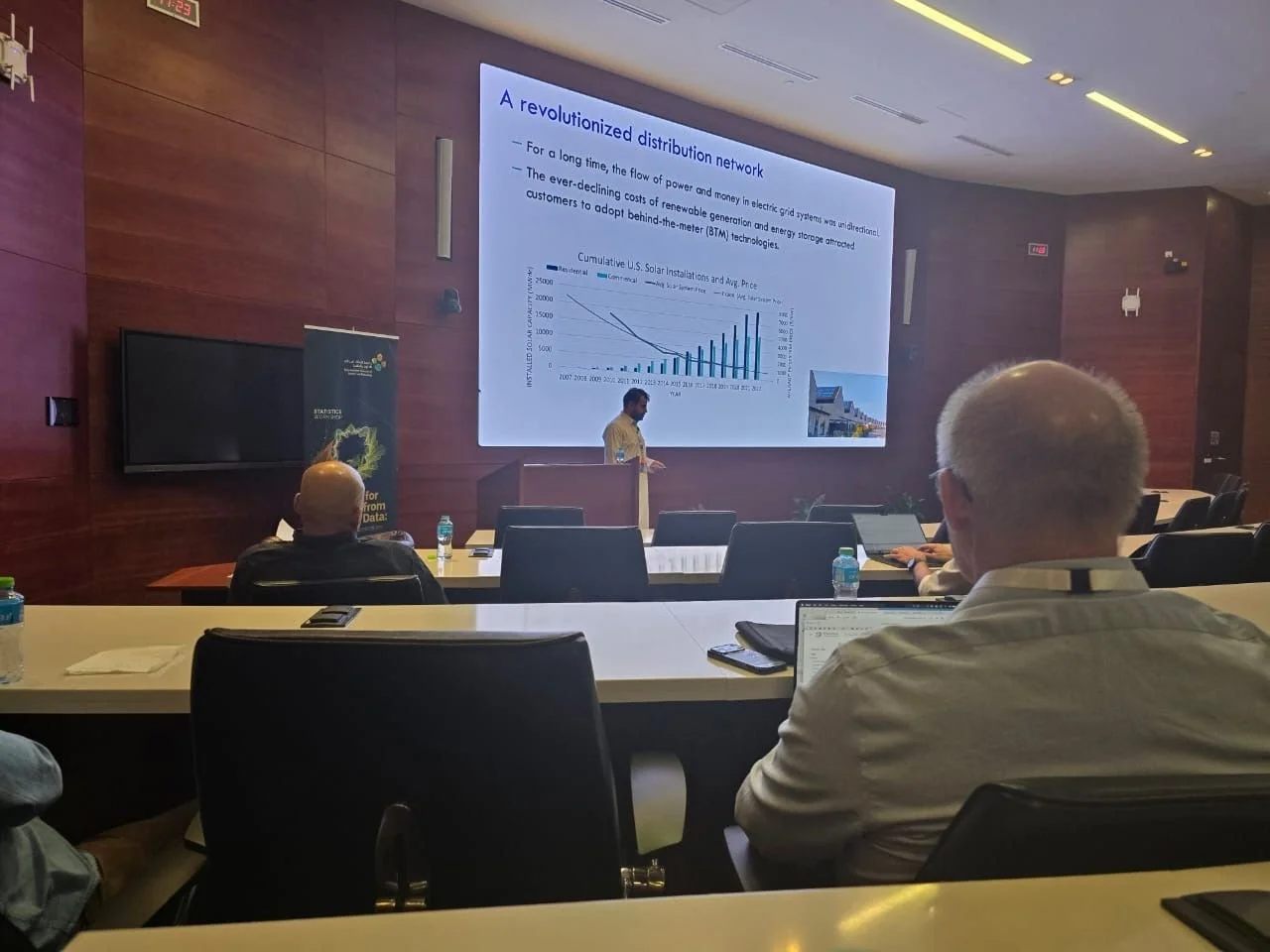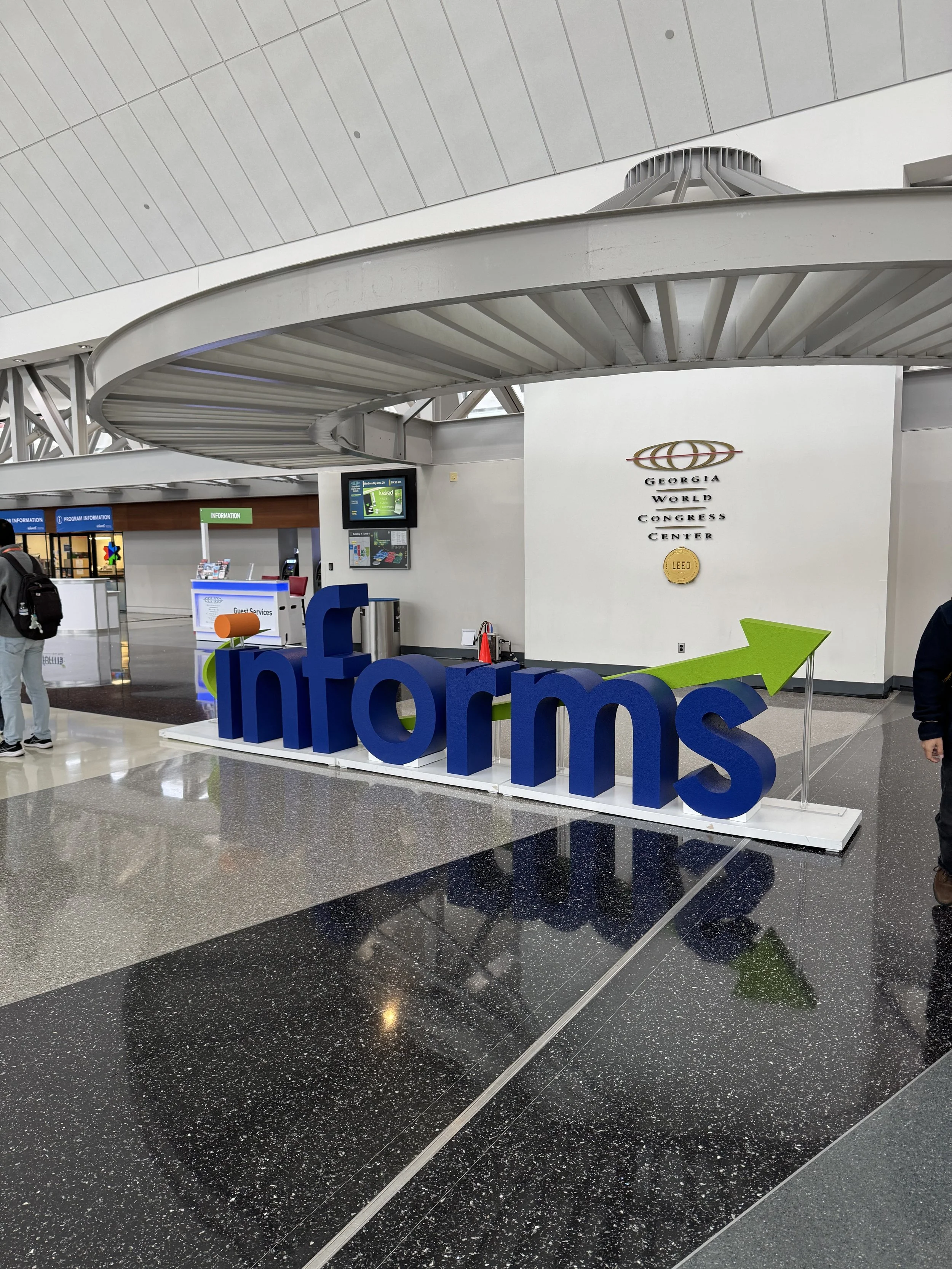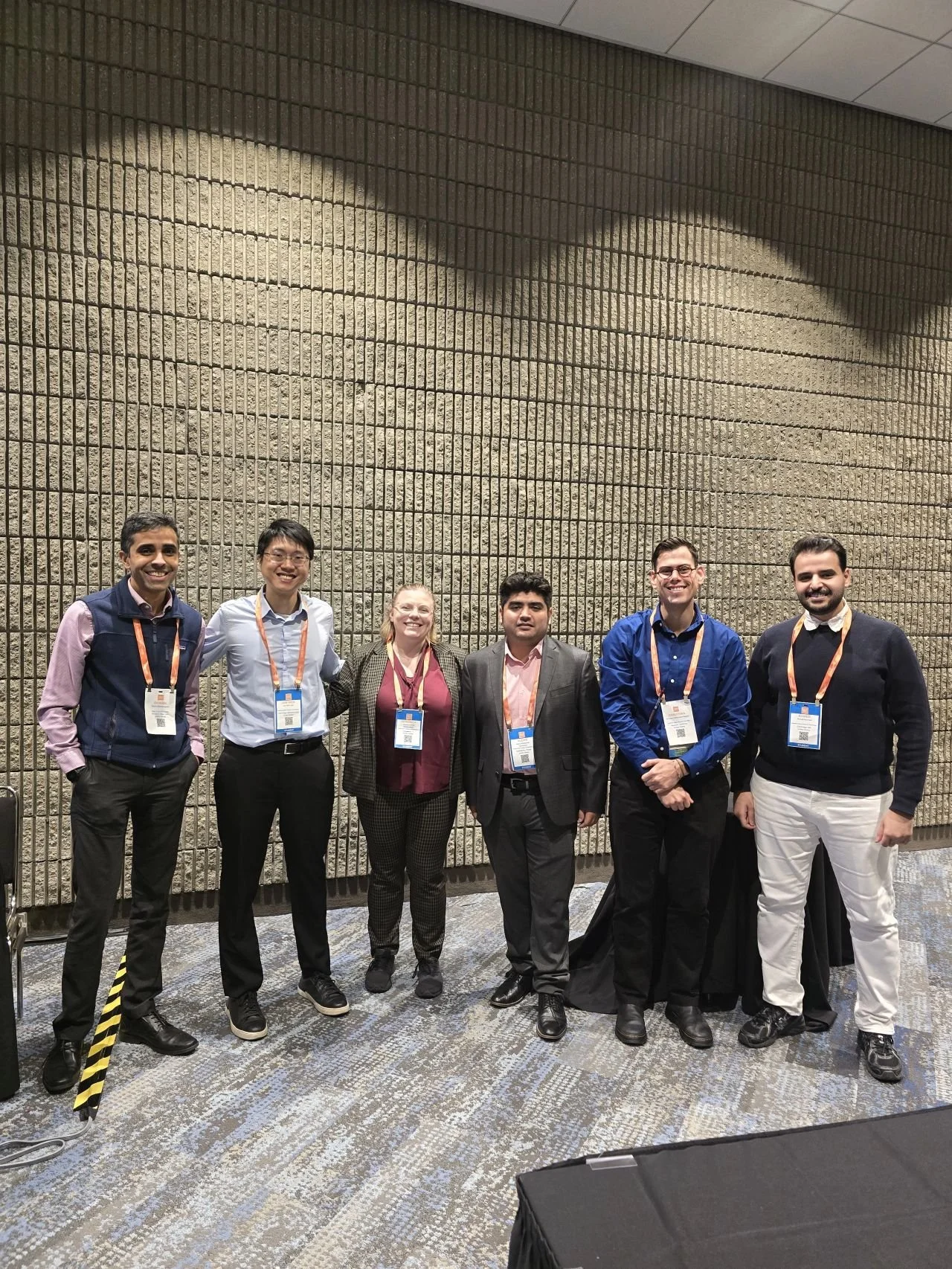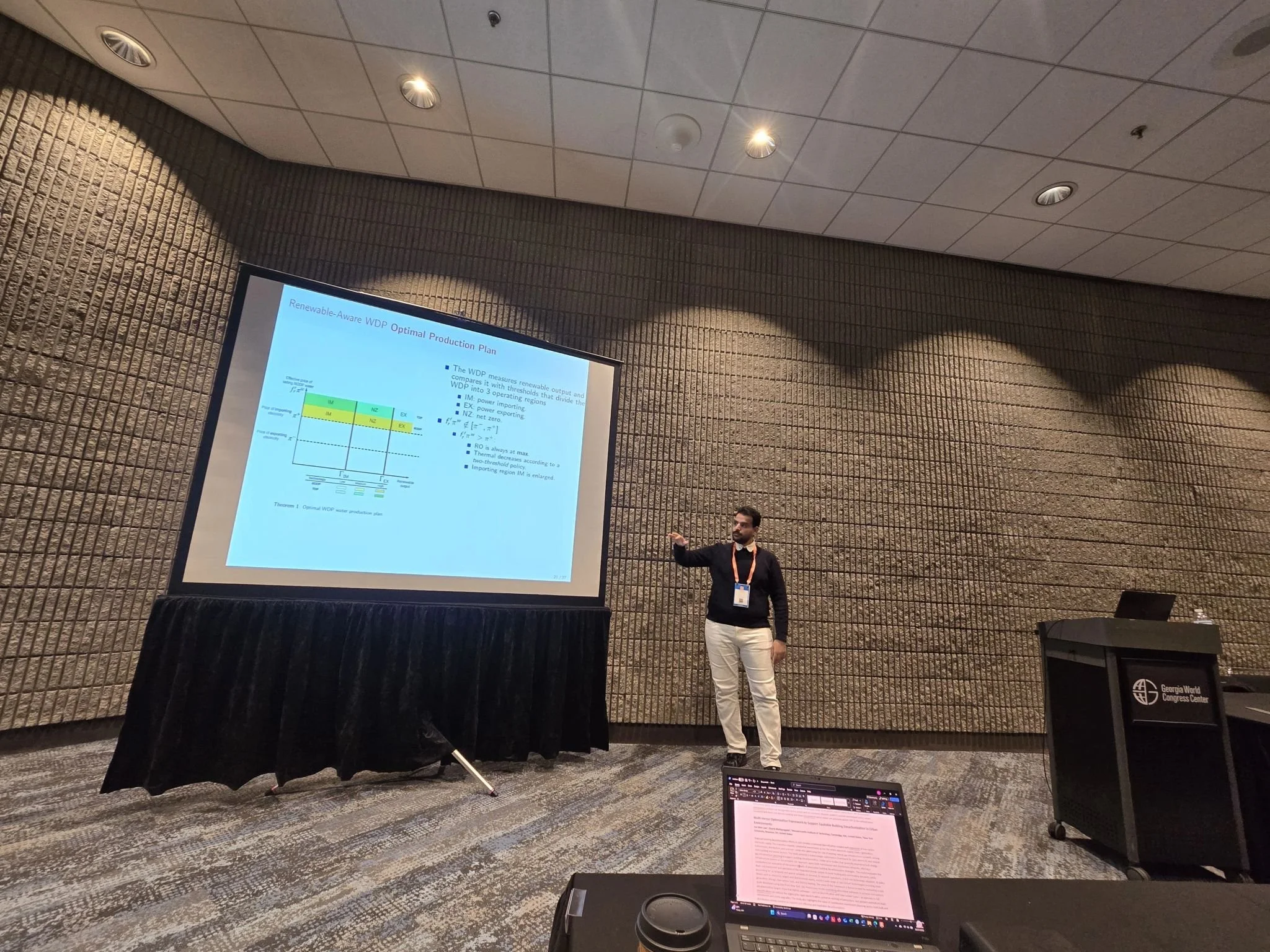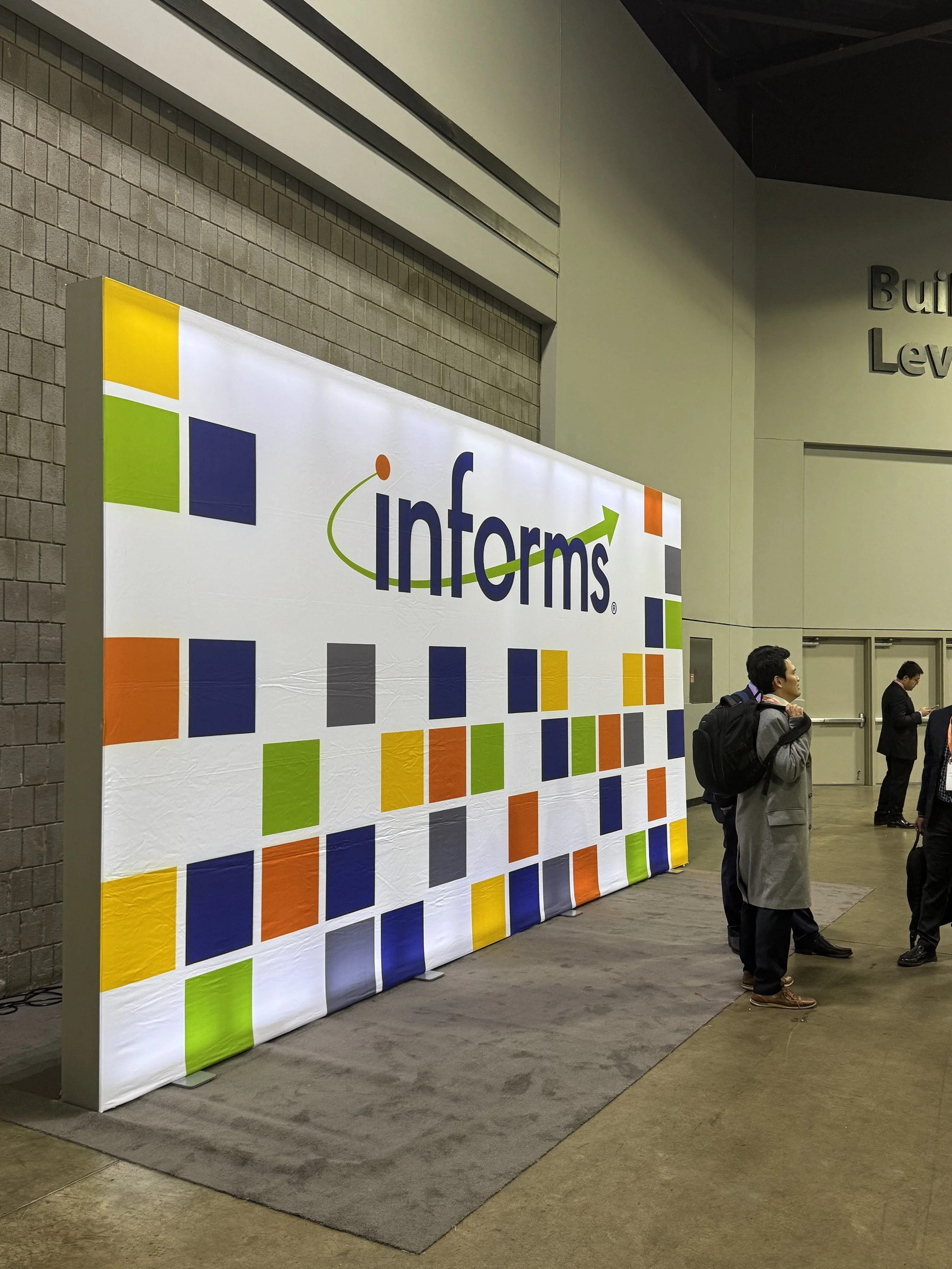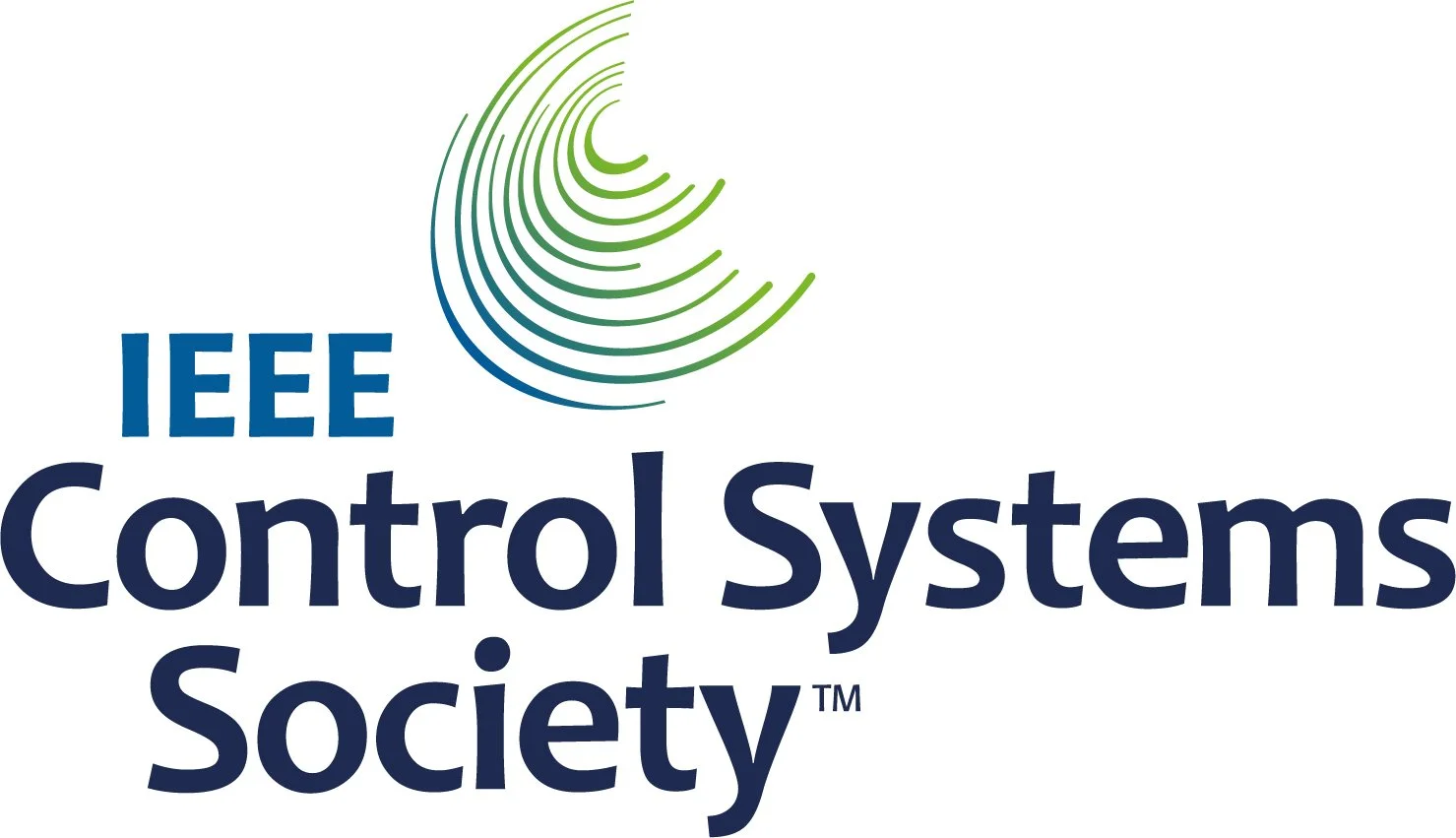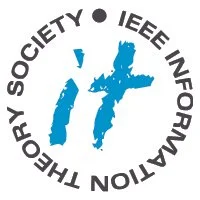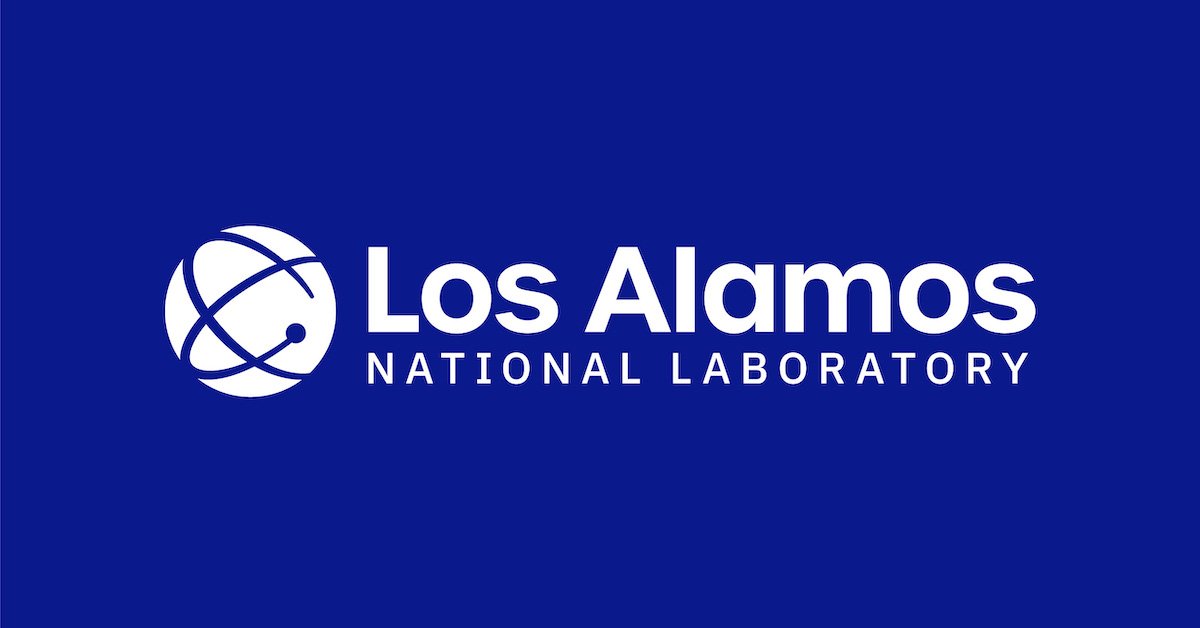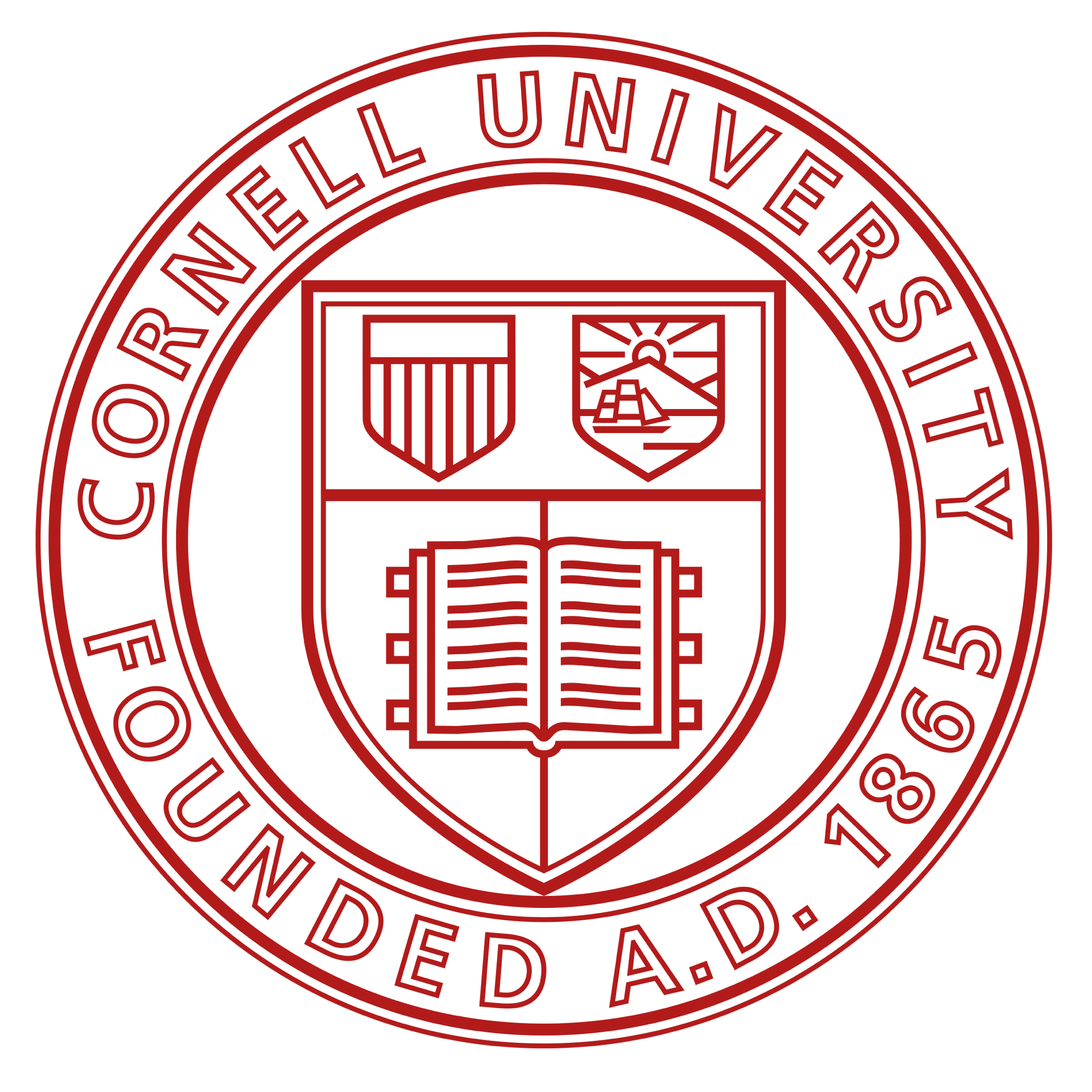I recently attended the 2025 Grid Science Winter School and Conference, held from January 6–10, 2025 in Santa Fe Historic Plaza in Santa Fe, NM. This event, organized by the Center for Nonlinear Studies as Los Alamos National Laboratory (LANL) and supported by the U.S. Department of Energy (DoE), brings together experts, students, and postdocs to tackle some of the most pressing challenges in modern energy systems.
The program combined three days of Winter School lectures with two days of a research conference, providing a deep dive into emerging topics such as AI in energy systems, optimization, and control, as well as interdependent network resilience. The lectures were invaluable for framing theoretical concepts.
As part of my participation, I presented my research on “Resource Sharing in Energy Communities: A Cooperative Game Approach”, which analyze the overall benefits of an energy community cooperative game under which distributed energy resources (DER) are shared behind a regulated distribution utility meter under a general tariff design. The feedback I received from peers and experts alike was insightful and has inspired new directions for my work.
The event was a perfect blend of learning, collaboration, and inspiration. Beyond the technical sessions, it was exciting to connect with some of the brightest minds in energy systems, operation research and control. I’m grateful to the organizers for curating such an impactful program and fostering a strong research community around Grid Science.






